Posted on 12/20/2024

Holiday cheer in Washington, DC, often comes with a side of gridlock. If you’ve ever attempted to navigate the streets or highways around the nation’s capital during the festive season, you’ve likely found yourself stuck in endless traffic. But what’s behind this yearly headache? Let’s see why holiday traffic in Washington, DC, can feel like a test of patience and how you can better prepare for it. The Surge of Holiday Travelers The holiday season draws people to Washington, DC, from all over. Tourists flock to see the festive displays, monuments, and museums, while locals head out for shopping, family gatherings, and seasonal events. This mix of visitors and residents contributes to a dramatic increase in the number of vehicles on the road. Highway systems, including major routes like I-495 and I-95, can become heavily congested as people travel to and from the city. Whether it’s commuters heading home or families on their way to ... read more
Posted on 11/29/2024
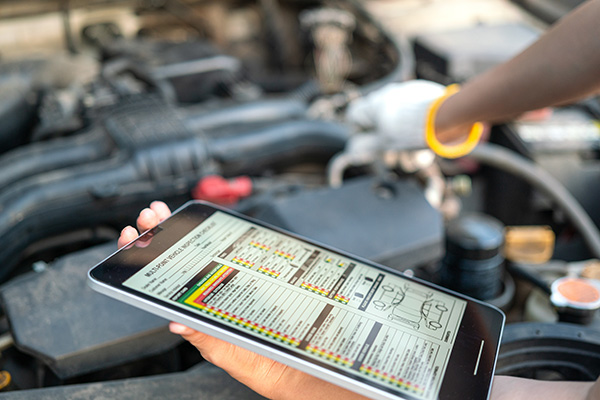
Managing a fleet of vehicles comes with its own set of challenges. Whether you’re overseeing a small group of delivery vans or a large fleet of trucks, ensuring that all vehicles are road-ready and operating efficiently is crucial to maintaining the flow of your business. One key factor in keeping your fleet running like a well-oiled machine is proper vehicle management. Here’s a guide to mastering fleet management and keeping your fleet in top condition. Regular Maintenance When it comes to fleet management, the number one rule is regular maintenance. Without a consistent maintenance schedule, small issues can turn into big problems, leading to unexpected downtime or even accidents. Regular oil changes, brake inspections, tire rotations, and fluid checks are essential to keep each vehicle functioning at its best. A well-maintaine ... read more
Posted on 10/31/2024
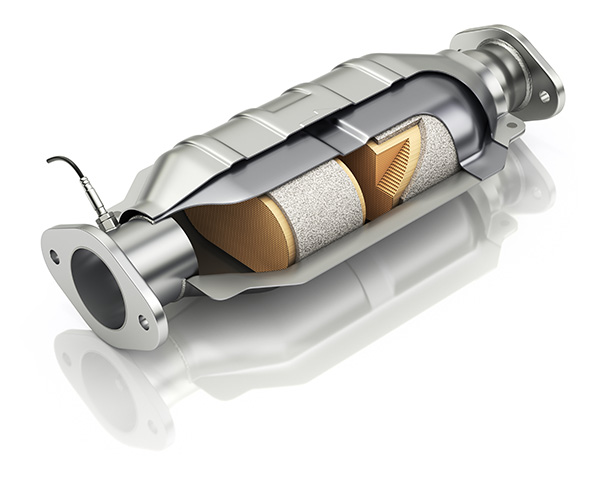
The catalytic converter is one of those components in your car that you probably don’t think about—until something goes wrong. This part of the exhaust system reduces harmful emissions by converting toxic gasses into less harmful substances. However, when a catalytic converter becomes clogged, it can lead to significant performance issues in your vehicle and worse, it can damage other components over time. But how can you tell if it’s clogged? Here’s everything you need to know about the signs of a failing or clogged catalytic converter. Reduced Engine Performance One of the first and most obvious signs of a clogged catalytic converter is a noticeable reduction in engine performance. You might press the gas pedal and feel like your car is sluggish or hesitant to accelerate. This happens because the exhaust gasses are not able to escape through the clogged converter, creating back pressure that prevents the engine from functioning at its optima ... read more
Posted on 9/27/2024
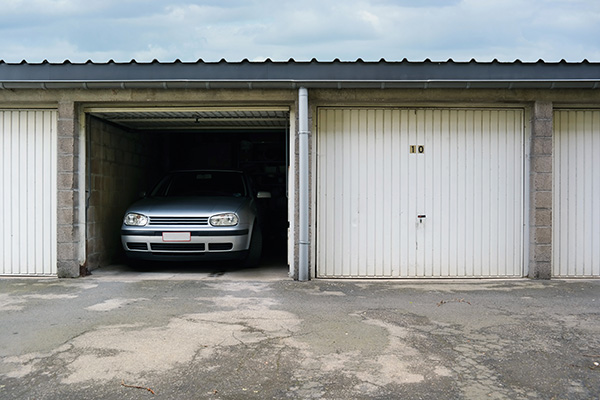
Planning to leave your car unused for an extended period? Whether you’re going on a long trip, storing a classic vehicle, or simply putting a car aside for seasonal reasons, long-term storage requires some preparation. If done right, you can prevent a host of issues that arise from letting a car sit idle, such as battery drainage, tire damage, or even rust. So, how can you ensure your car stays in optimal condition during its downtime? Here are the best practices to follow when storing a car long-term. Clean Your Car Inside and Out Before storing your car, the first step is to thoroughly clean it. Dirt, bird droppings, and road grime left on the exterior can cause corrosion over time. So, wash the car and apply a good coat of wax to protect the paint. It may seem odd to wash a car before storage, but it’s a critical step in keeping the exterior looking great. On the inside, vacuum and clean the interior surfaces. Make sure to remove any trash, crumbs, or ... read more
Posted on 8/30/2024

Do you often push your luck, driving just a little farther despite the low fuel light glaring on the dashboard? It might seem like a minor gamble, but allowing your fuel tank to run dry can seriously affect your vehicle. Beyond the inconvenience of being stranded, the habit of driving on empty can lead to major repairs and long-term damage to your car. Let's explore why keeping your tank fueled is more than just a matter of convenience—it's essential for your vehicle's health. Fuel System Damage Your car's fuel system is more complex than it appears. The fuel pump, which is responsible for delivering fuel from the tank to the engine, relies on the fuel itself to stay cool and lubricated. When the fuel level drops too low, the pump is exposed, increasing the risk of overheating. This lack of lubrication and cooling can cause the pump to wear out prematurely ... read more
Posted on 7/26/2024
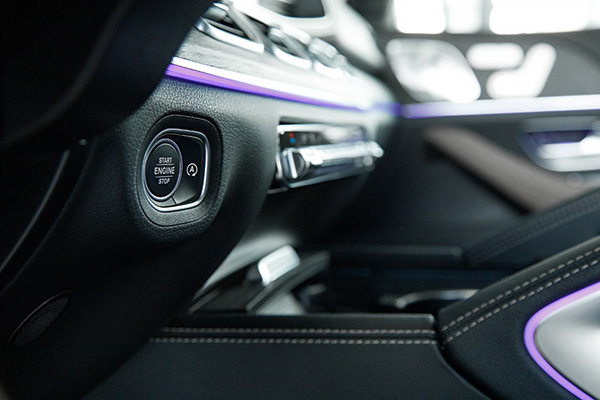
Have you ever been at a red light, watching the seconds tick by, and wondered if there's a way to save fuel during all that idle time? This is where the car's start-stop technology comes in - it's a modern innovation designed to enhance fuel efficiency and reduce emissions. But how exactly does this technology work, and is it as beneficial as it sounds? Start-Stop Technology Car start-stop technology is a system that automatically shuts off the engine when the vehicle comes to a complete stop and restarts it when the driver presses the accelerator or releases the brake. It's a seamless process designed to save fuel and reduce emissions without compromising performance. The idea is simple - why let the engine run when you're not moving? The Mechanics Behind the Technology At its core, start-stop technology relies on several key components working together. These include an enhanced starter motor, a robust battery, and various sen ... read more
Posted on 6/27/2024
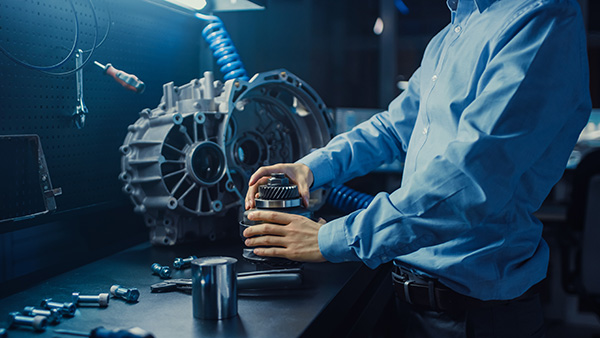
Your car's transmission is one of its most crucial components. It ensures your vehicle can shift gears and smoothly transfer the power from the engine to the wheels. However, when issues arise, deciding where to take your car for repairs can be daunting. General mechanics might handle basic transmission issues, but when it comes to significant problems, a transmission specialist is your best bet. Let's dive into five compelling reasons why choosing a transmission specialist for your car's transmission is the smartest move you can make. 1. Expertise and Specialized KnowledgeWhy Settle for Less? Transmission specialists have extensive training and experience focused specifically on transmissions. Unlike general auto mechanics, these experts dedicate their careers to understanding the intricacies of ... read more
Posted on 5/29/2024
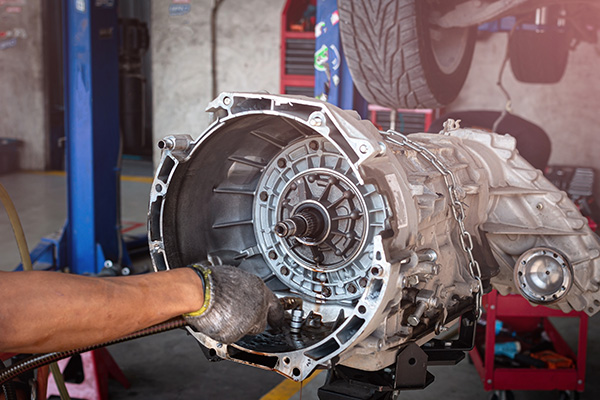
A vehicle's transmission is a complex mechanical system responsible for transferring power from the engine to the wheels. Over time, wear and tear can lead to transmission problems that may jeopardize your vehicle's performance and safety. We'll explore five warning signs that indicate your transmission requires immediate professional attention to prevent further damage and costly repairs. 1. Unusual Noises One of the most apparent indicators of transmission issues is the presence of unusual noises during gear shifts. Any abnormal sounds, from grinding and whining to clunking sounds, could signal underlying problems within the transmission system. Understanding the significance of these noises can help you address potential issues before they escalate into major mechanical failures. 2. Delayed Shifting or Sluggish Response A delay in gear engagement or a sluggish response when accelerating is another red flag that your transmission may ... read more
Posted on 4/28/2024
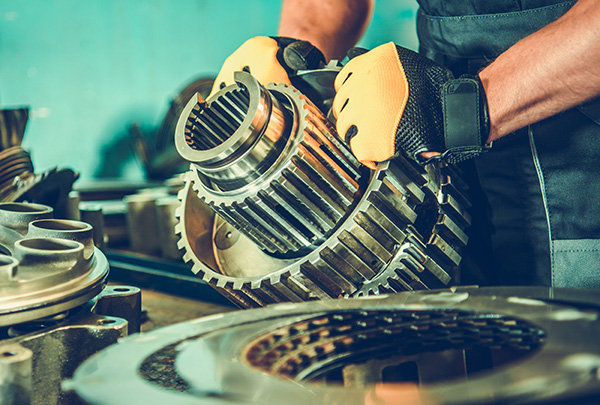
Few components are as critical in the world of automotive repair as the transmission. It is responsible for transferring power from the engine to the wheels and plays a vital role in ensuring smooth and efficient vehicle operation. Understanding the key differences between transmission repair, replacement, and rebuild is important for any vehicle owner to make informed decisions about their maintenance and repair needs. 1. Transmission Repair Transmission repair typically involves fixing or replacing specific components within the transmission system. This approach is often taken when the transmission issues are minor or isolated to particular parts, such as a faulty solenoid or worn-out clutch. Repairing the transmission is usually the most cost-effective option when the damage is limited and can be resolved without extensive labor or parts replacement. ... read more
Posted on 3/28/2024
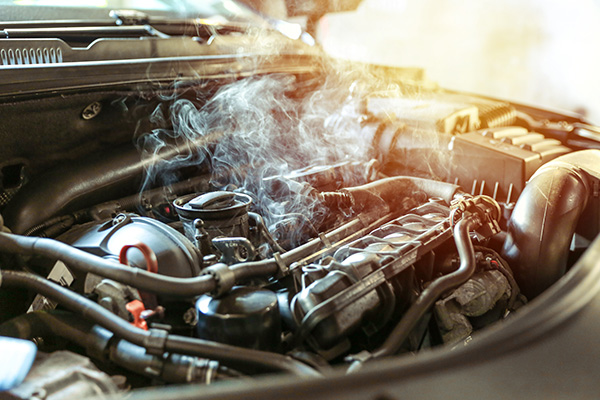
Is your car's cooling system acting up, leaving you puzzled and frustrated? A malfunctioning cooling system can spell trouble for your vehicle, leading to overheating and potential engine damage. But don't - today's article is exactly about that! The Problem At Hand Your car's cooling system regulates engine temperature and prevents overheating. When the cooling system fails to function correctly, it can lead to a range of issues, including engine overheating, coolant leaks, and diminished performance. Common Causes of Cooling System Failures Low Coolant Level One of the most common reasons for a malfunctioning cooling system is a low coolant level. Coolant, also known as antifreeze, is essential for absorbing and dissipating heat from the engine. A low coolant level can result from leaks, evaporation, or improper maintenance, leading to insufficient cooling and potential overheating. Regularly check your coolant level ... read more